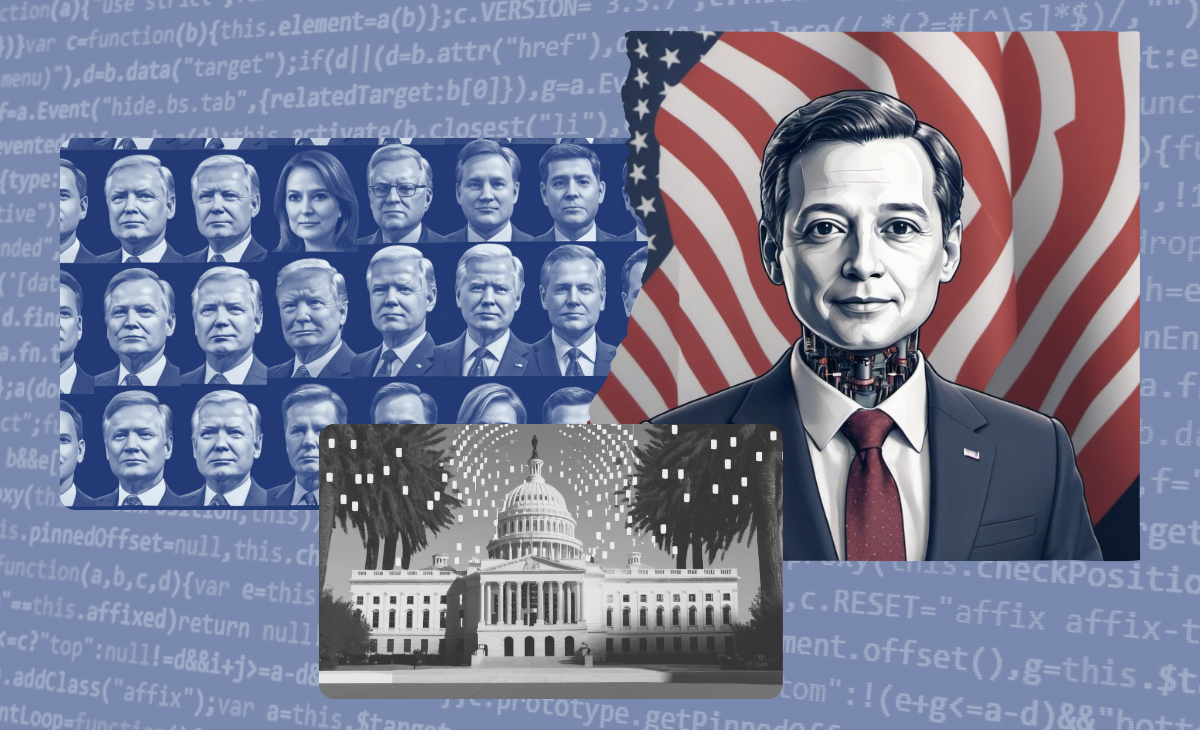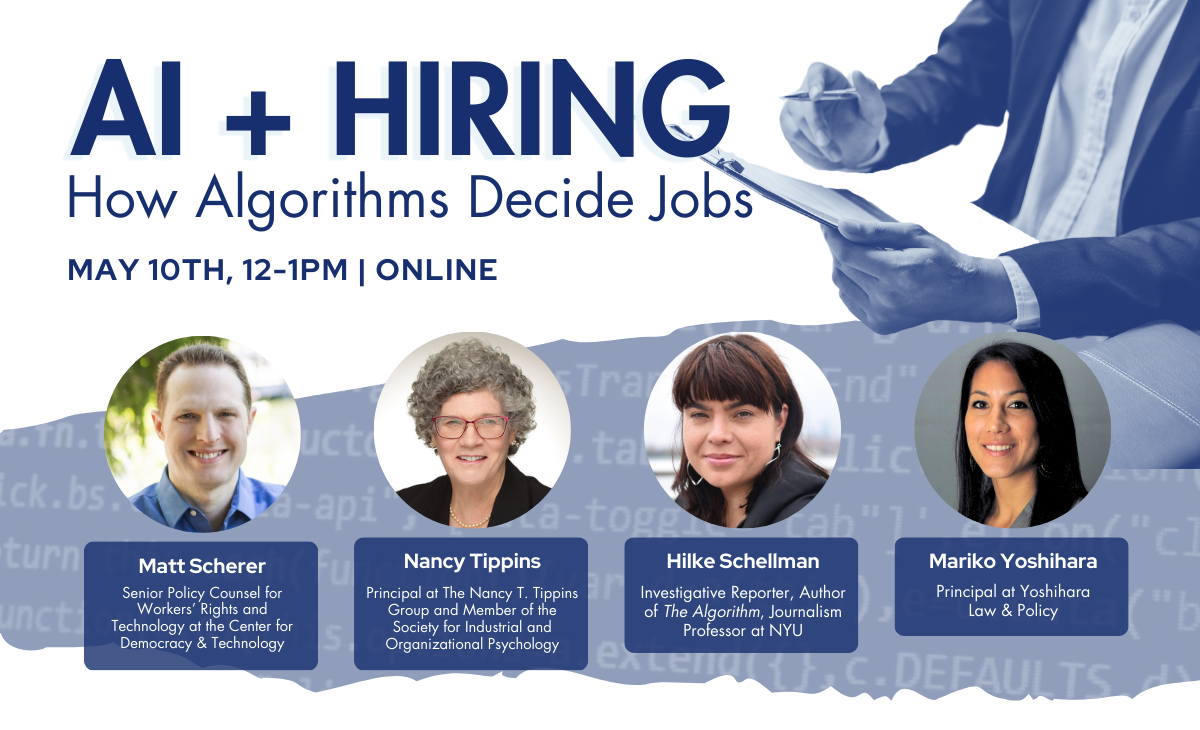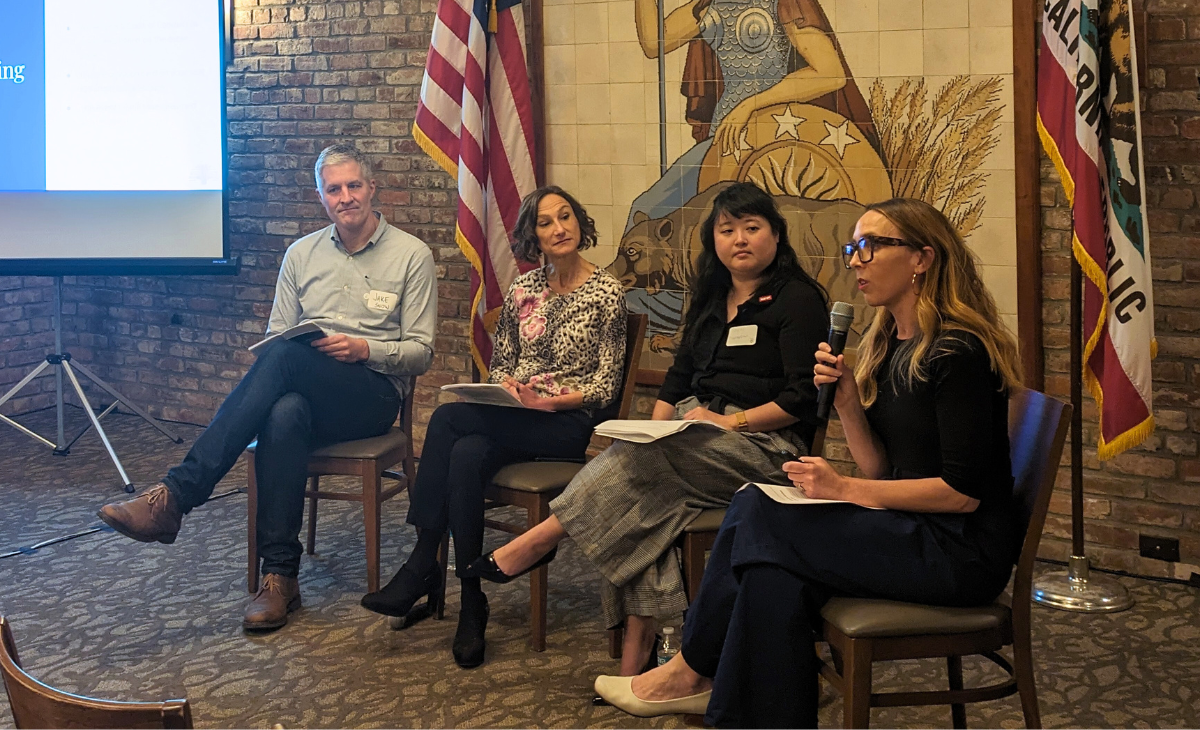AI + Elections: Disinformation in the Age of AI – Recording
The United States is now entering its first-ever generative AI election, in which AI deepfakes will inundate our political discourse and voters may not know what images, audio, or video they can trust. Powerful, easy-to-access new tools will be available to candidates, conspiracy theorists, foreign states, and online trolls who want to deceive voters and undermine trust in our elections. Imagine false audio of a county elections official “caught on tape” saying that their voting machines have been hacked, or a fake robocall of Governor Newsom that goes out to millions of Californians on the eve of Election Day telling them that their voting location has changed. These threats are not theoretical. We are already seeing elections impacted by generative AI deepfakes and disinformation in Bangladesh, Slovakia, and closer to home, in Chicago and the Republican presidential primary.
On Friday, May 3rd we explored how AI can fuel disinformation—and what we can do to prevent it. We heard from experts on how to craft policy and establish the guardrails needed to ensure that AI can be supportive of, not detrimental to, democracy around the world. This lunchtime panel discussion was held in the Eureka Room in the California State Capitol in Sacramento.
Panelists included:
- Mindy Romero, Director of the Center for Inclusive Democracy, USC and Board Chair of California Common Cause
- Jinxia Niu, Disinformation Analyst and Program Manager at Chinese for Affirmative Action
- Yosef Getachew, Senior Policy Counsel at Reset.Tech
Moderated by Leora Gershenzon, Policy Director at California Initiative for Technology and Democracy (CITED)





